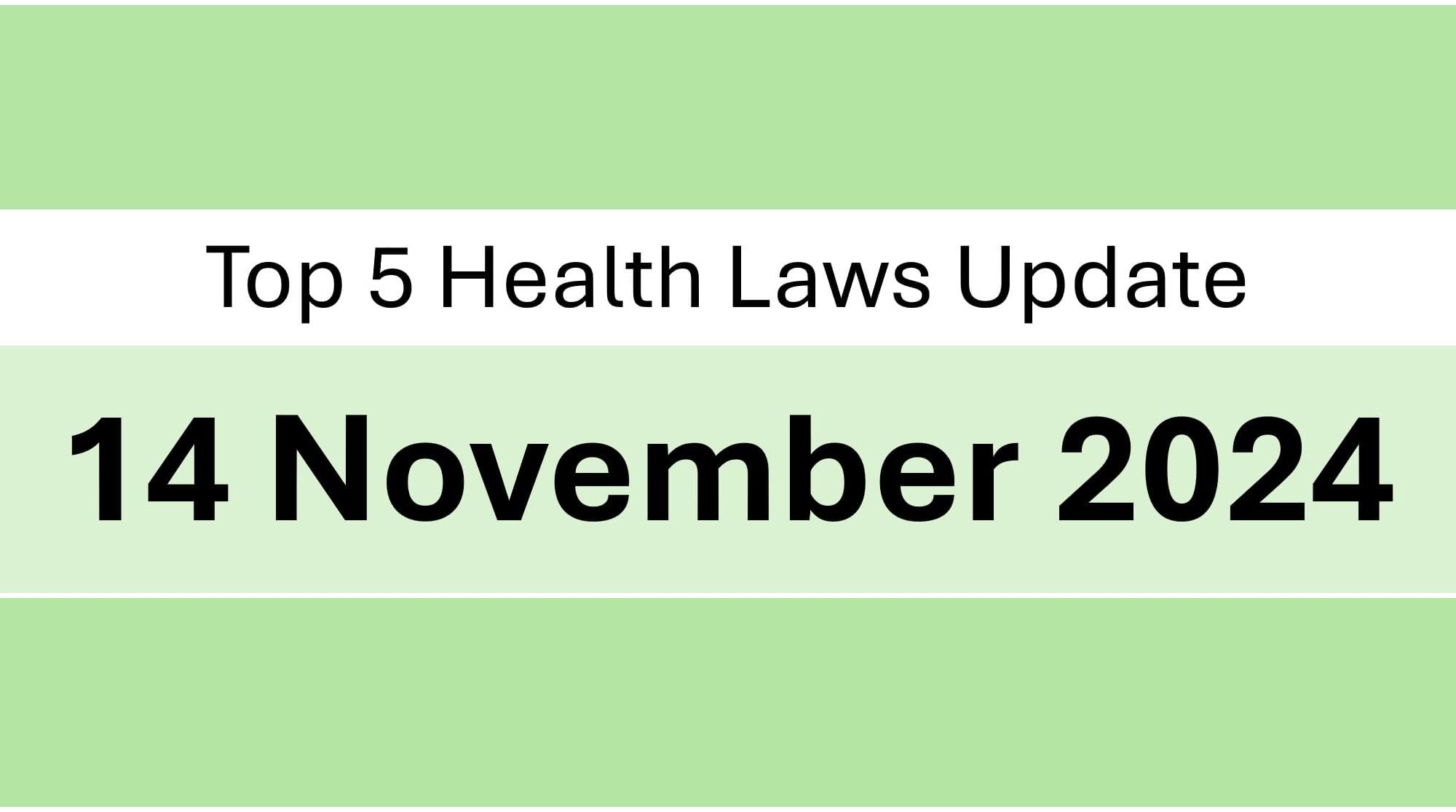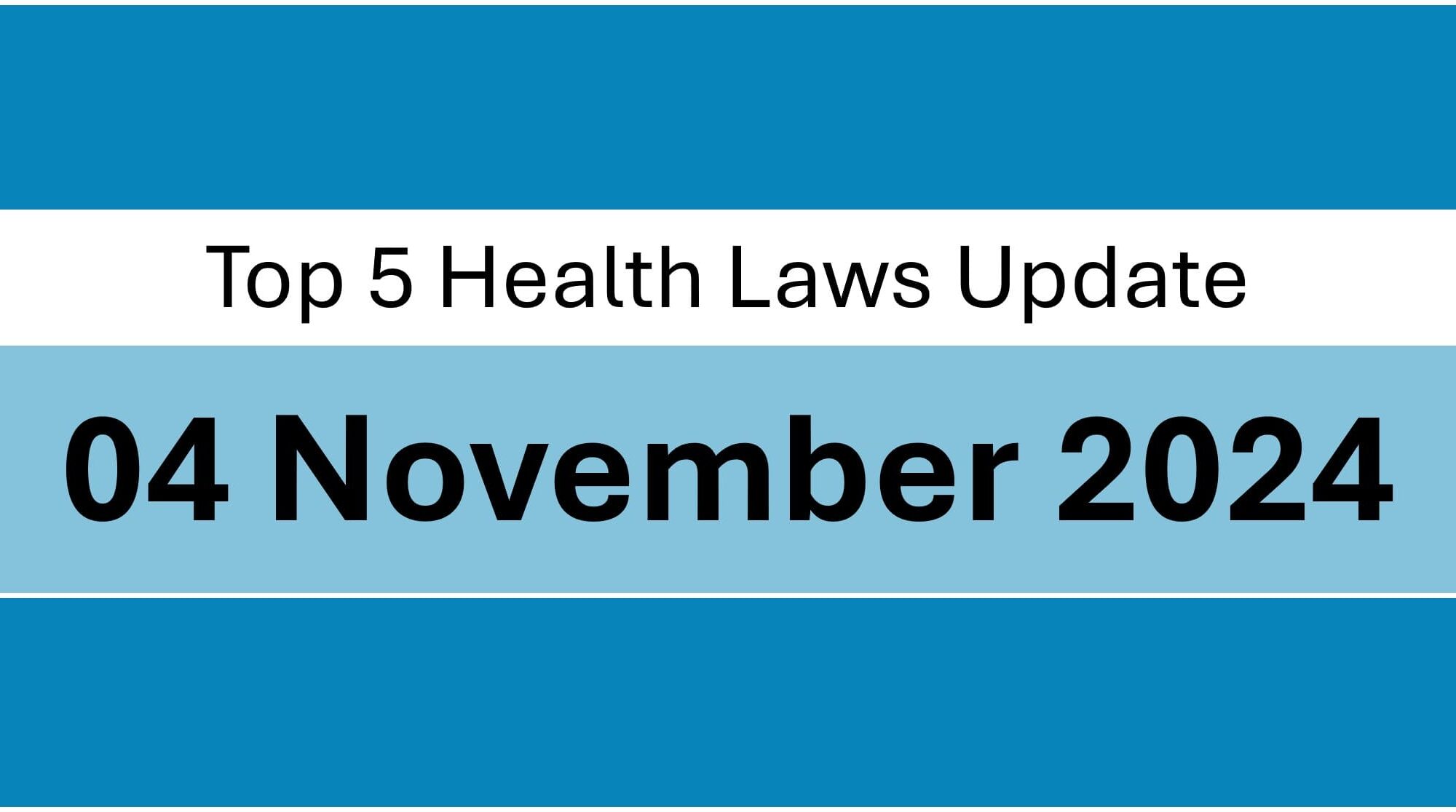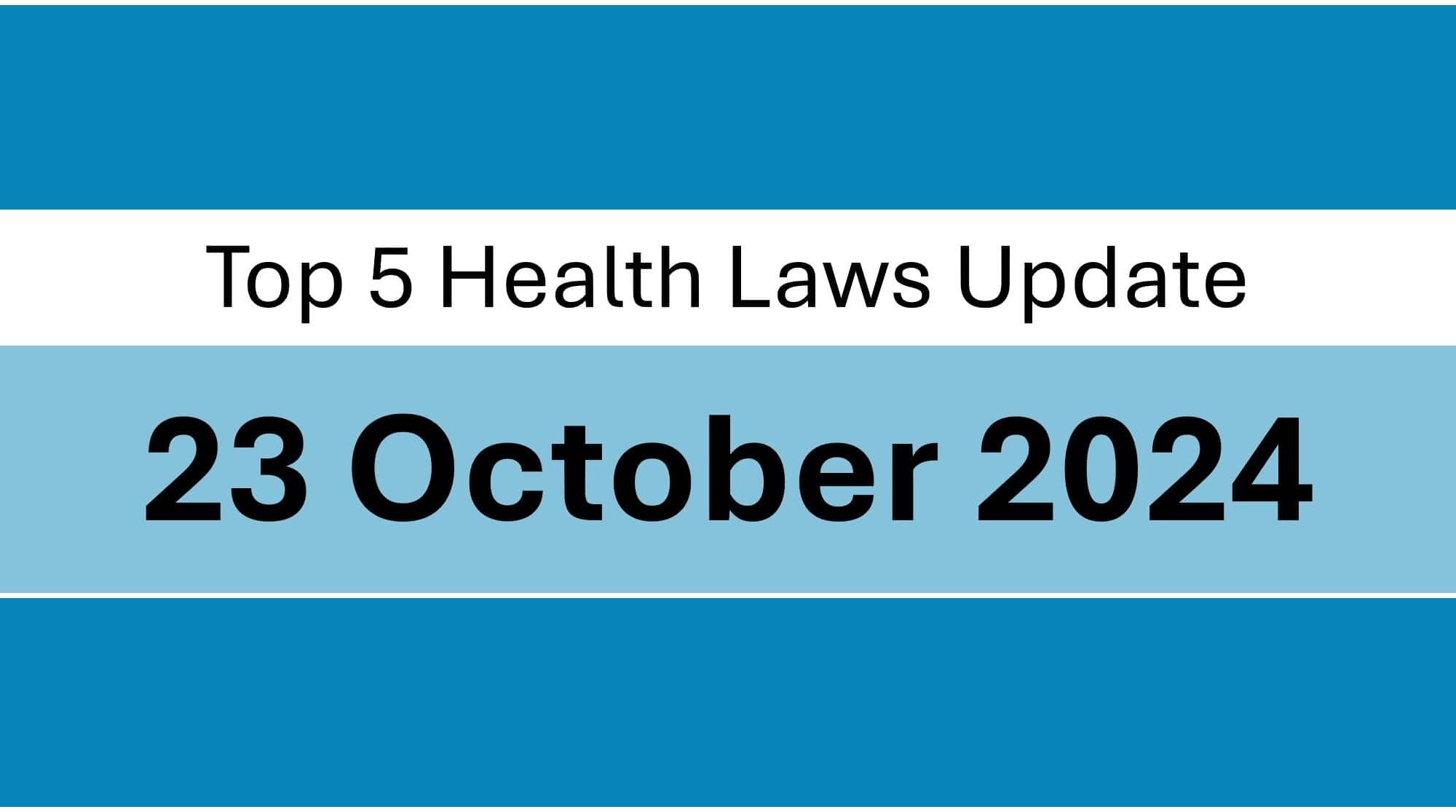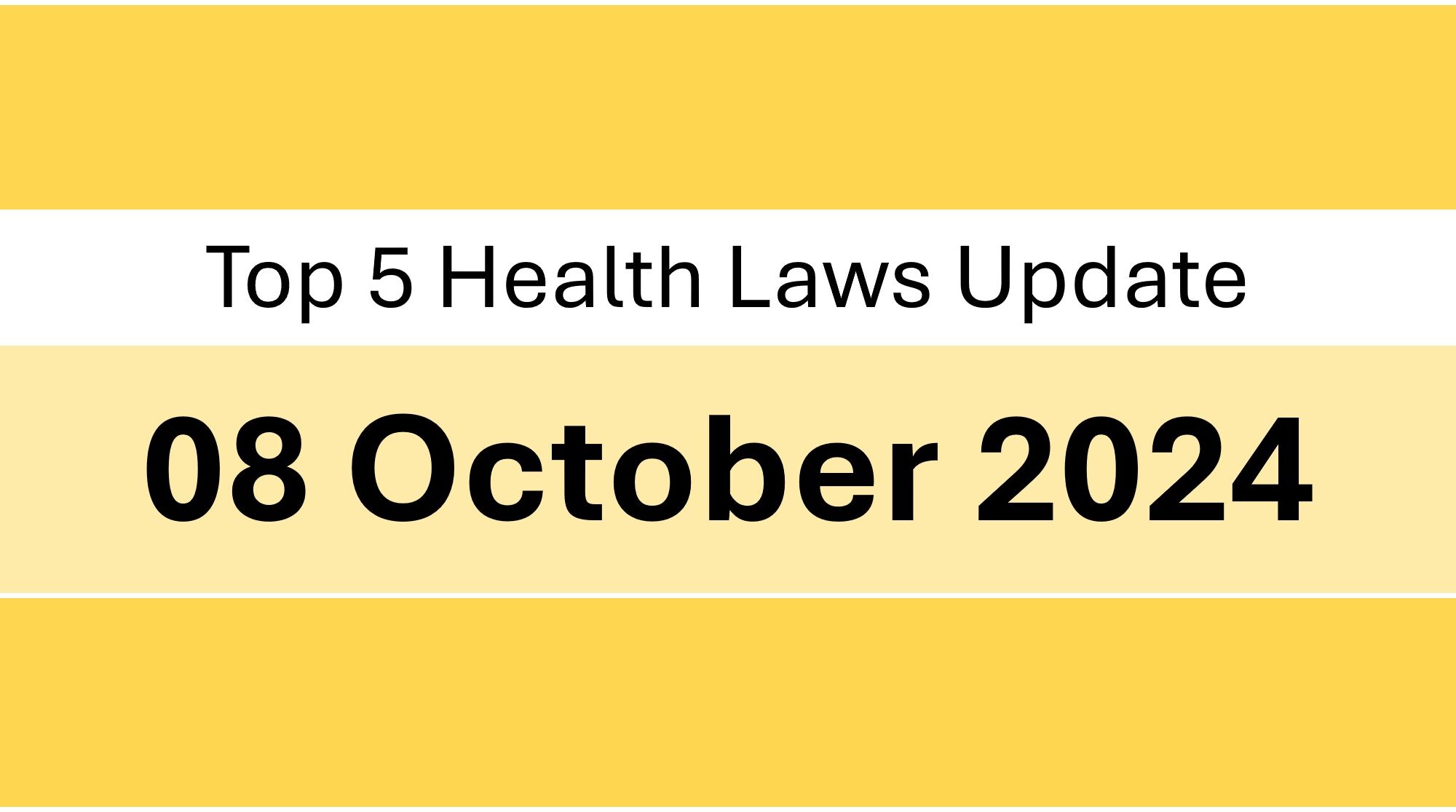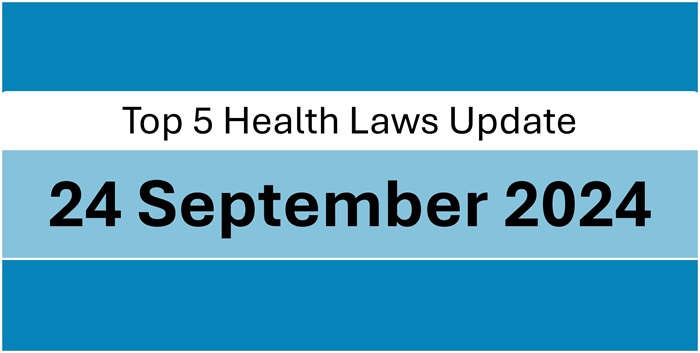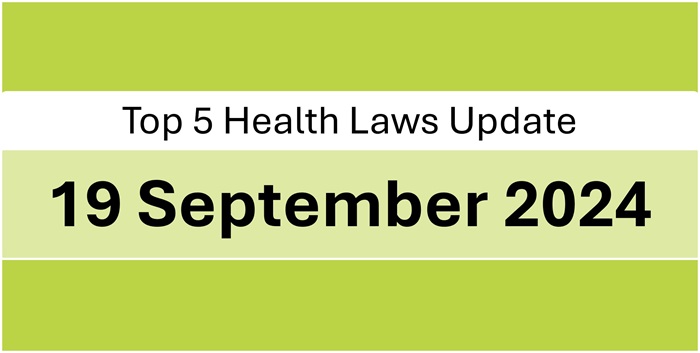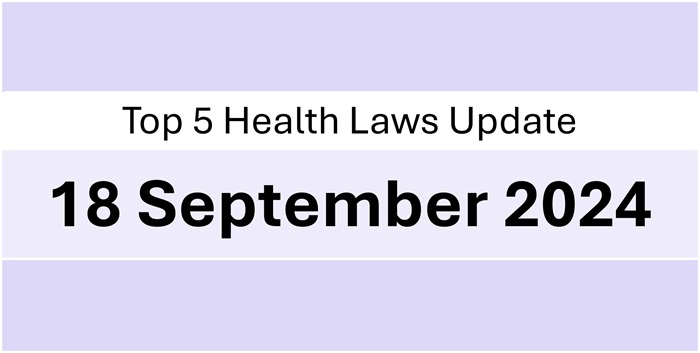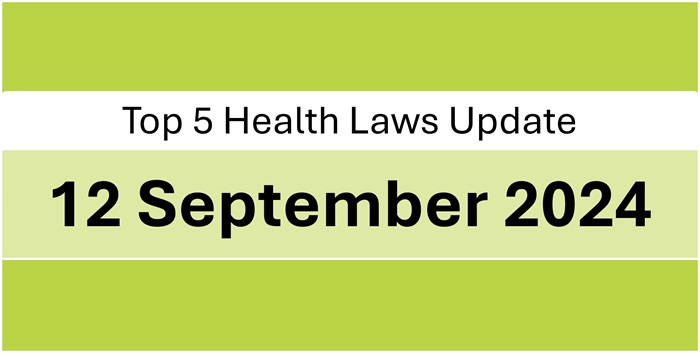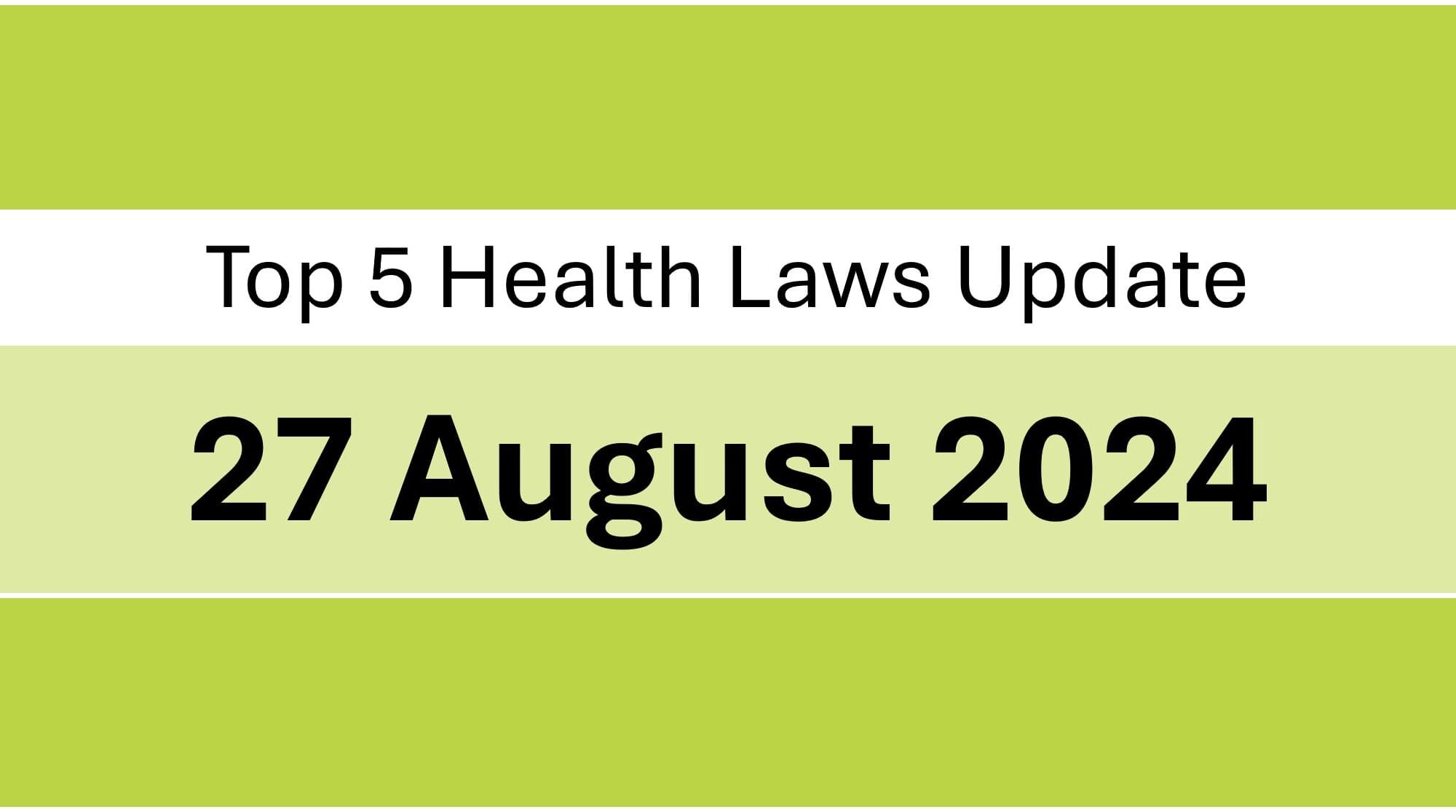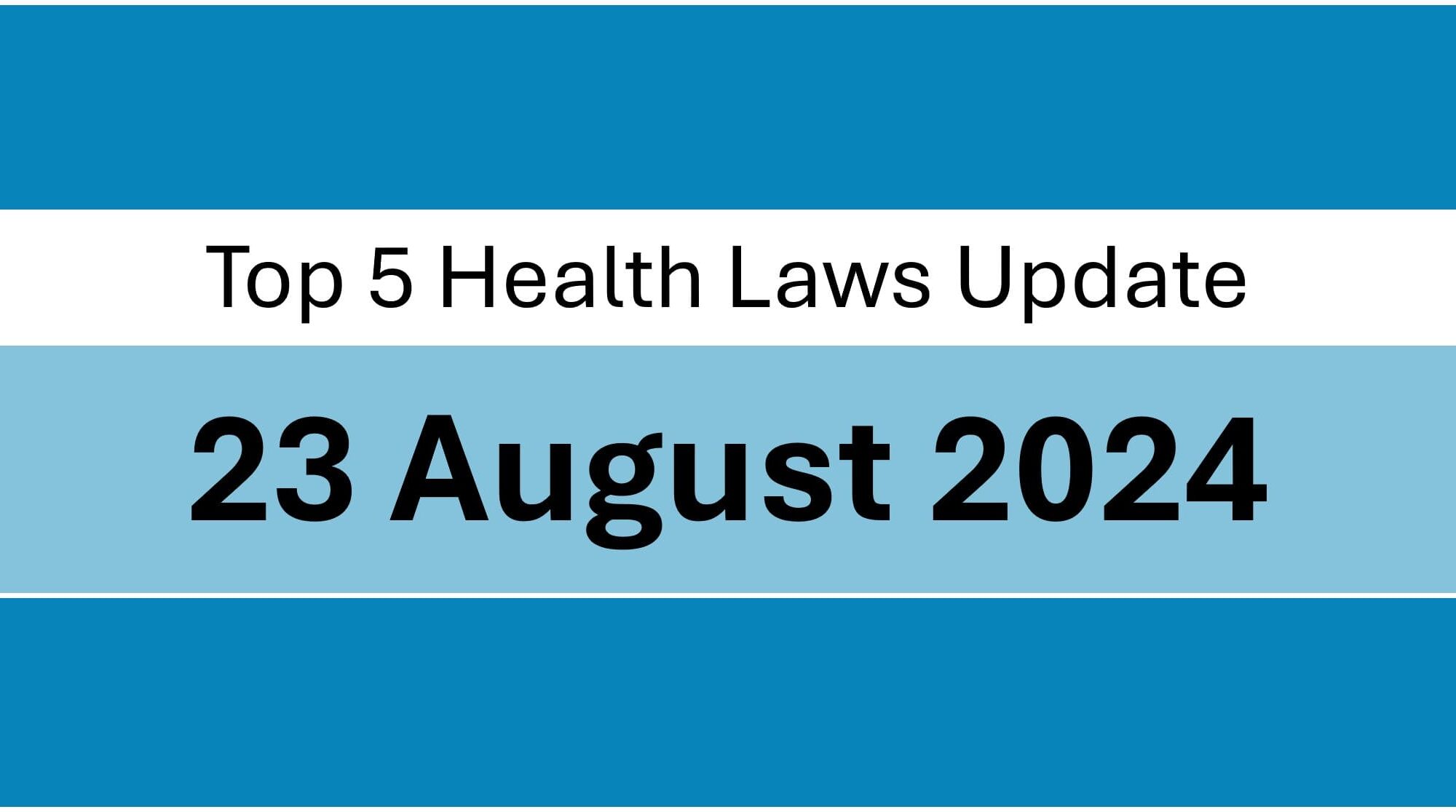Dear Readers, we are happy to share the most interesting legal and policy updates concerning health industry that we read today. we hope you enjoy reading it.
1. India’s Central Food regulator, the Food Safety Standards Authority of India, now requires linking of new licenses with the Permanent Account Number (PAN) of the applicants, additionally existing Food Business Operators have been requested to keep their PAN data up-to-date.
Source: bit.ly/48QImab
2. The Telangana Drugs Control Authority has issued notices to private hospitals in Hyderabad and Telangana, requiring stricter compliance with purchasing requirements for Narcotics Drugs, under the Narcotic Drugs and Psychotropic Substances Act, 1985 (NDPS).
Source: bit.ly/4hJQoWf
3. The Ministry of Environment, Forest and Climate Change has relaxed penalties under the E-Waste Rules, 2022 and the Hazardous and Other Wastes (Management and Transboundary Movement) Rules, 2016. From hereon, the contravention of any provision of these Rules shall not give rise to environmental compensation.
Source: bit.ly/4fqrp8W
4. In pursuance of an ongoing process for recovery of sums on account of a judgment of the Court for misleading conduct by the Respondent, the Supreme Court has issued an Order to auction the Trade Mark of a prominent Indian Hospital chain, while at the same time refusing to make provision for valuating the same.
Source: bit.ly/3Z1rcDf
5. European Union Drug Regulator considering proposal to reduce the duration of regulatory data protection available to companies.
Source: bit.ly/4hGEvQZ

